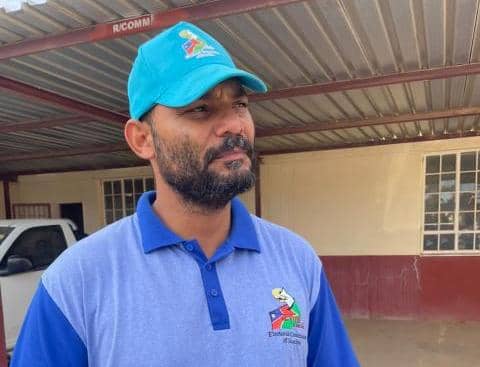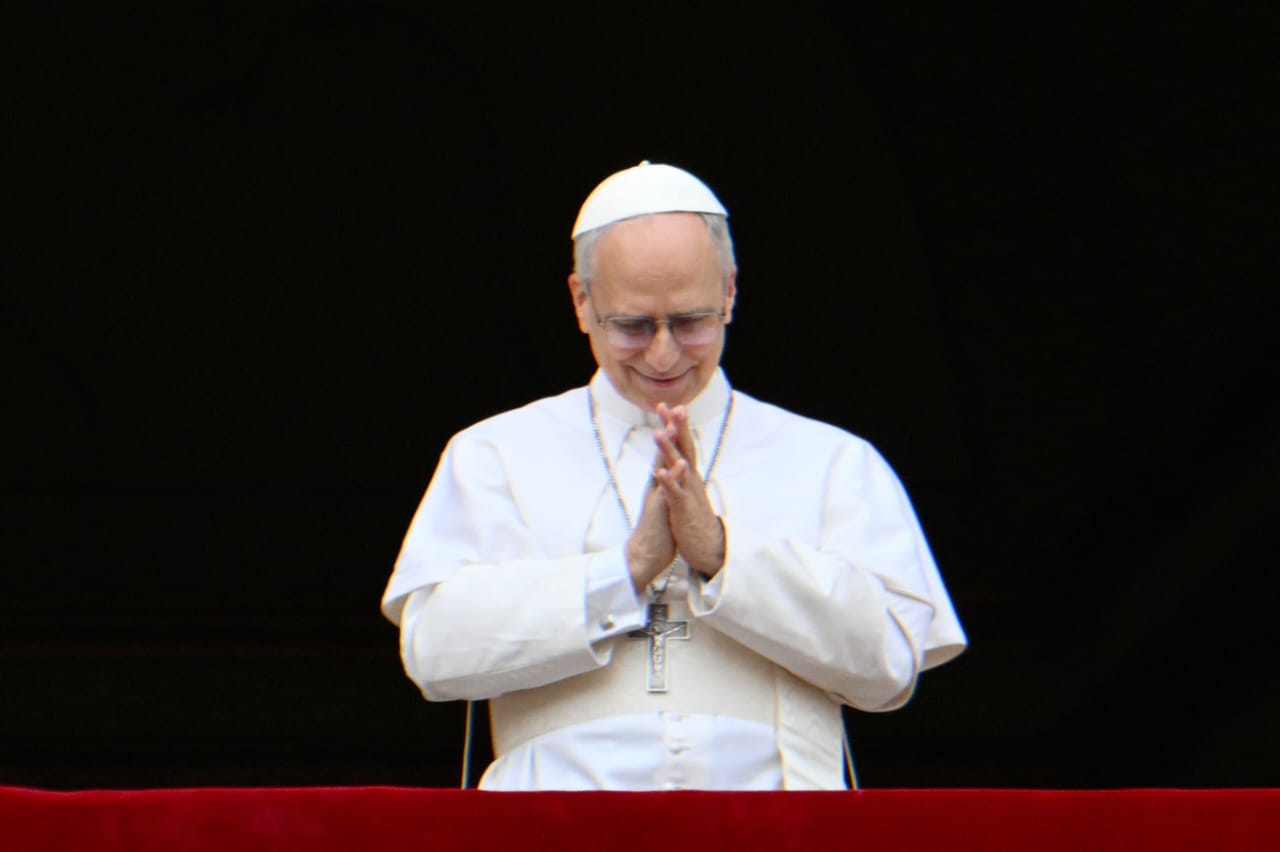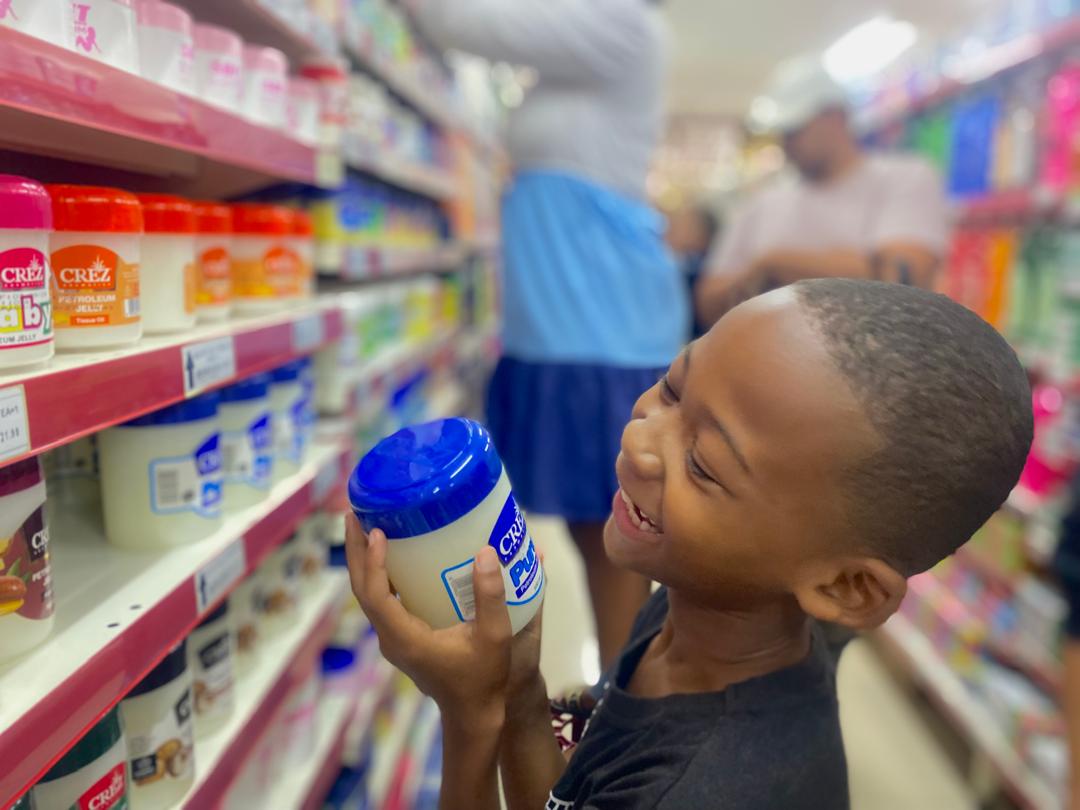SYDNEY – Former Australia rugby league international Steve Rogers has died aged 51, Cronulla Sharks manager Greg Pierce said.
Pierce said Rogers, whose son Mat plays for the Australian rugby union Wallabies, was found dead in his Sydney home. The Australian Rugby League (ARL) said he had died of an apparent heart attack.Pierce said Rogers had just returned home from a European holiday and was due to resume work next week in his role as Cronulla chief executive.”It’s quite unbelievable the fact that he won’t be there,” Pierce said.”He was our greatest player.He’s been at the club since 1973, so it’s just going to be a massive shock to everybody.”A dazzling centre with sublime running skills, Rogers played more than 200 games for the Sharks in a brilliant career between 1972 and 1985.He also played 21 tests for Australia, captaining the national side once in 1981 and forming a legendary partnership with Mick Cronin.Rogers broke into the national side as a teenager and toured with the Kangaroos in 1973, 1978 and 1982.”His death at 51 is first and foremost a human tragedy – but it’s such a tragedy too for rugby league and for Australian sport,” ARL chairman Colin Love said in a statement.”Players of such talent come along very rarely in any game and ours will remember him as one of the great ones.Those who saw him …knew they were watching a very special player.It is fair to suggest he was the great all-rounder of the modern era.”Injury forced Rogers to retire in 1985 and start a new life in administration.He was appointed general manager of the Sharks in 1998 and was inducted as one of the club’s immortals in 2003.His son Mat was also an outstanding rugby league player, winning a World Cup with Australia in 2000, before announcing in June 2001 that he was leaving the Sharks to switch codes to rugby union.With his father by his side for emotional support, Mat publicly announced his decision just a month after his mother, and Steve’s wife, Carol died after a long battle with cancer.It was also her birthday.Mat was an instant success in his new sport, earning selection in the Wallabies team in his first season.He has been a regular member ever since and played in the 2003 World Cup final against England.- Nampa-ReutersThe Australian Rugby League (ARL) said he had died of an apparent heart attack.Pierce said Rogers had just returned home from a European holiday and was due to resume work next week in his role as Cronulla chief executive.”It’s quite unbelievable the fact that he won’t be there,” Pierce said.”He was our greatest player.He’s been at the club since 1973, so it’s just going to be a massive shock to everybody.”A dazzling centre with sublime running skills, Rogers played more than 200 games for the Sharks in a brilliant career between 1972 and 1985.He also played 21 tests for Australia, captaining the national side once in 1981 and forming a legendary partnership with Mick Cronin.Rogers broke into the national side as a teenager and toured with the Kangaroos in 1973, 1978 and 1982.”His death at 51 is first and foremost a human tragedy – but it’s such a tragedy too for rugby league and for Australian sport,” ARL chairman Colin Love said in a statement.”Players of such talent come along very rarely in any game and ours will remember him as one of the great ones.Those who saw him …knew they were watching a very special player.It is fair to suggest he was the great all-rounder of the modern era.”Injury forced Rogers to retire in 1985 and start a new life in administration.He was appointed general manager of the Sharks in 1998 and was inducted as one of the club’s immortals in 2003.His son Mat was also an outstanding rugby league player, winning a World Cup with Australia in 2000, before announcing in June 2001 that he was leaving the Sharks to switch codes to rugby union.With his father by his side for emotional support, Mat publicly announced his decision just a month after his mother, and Steve’s wife, Carol died after a long battle with cancer.It was also her birthday.Mat was an instant success in his new sport, earning selection in the Wallabies team in his first season.He has been a regular member ever since and played in the 2003 World Cup final against England.- Nampa-Reuters
Stay informed with The Namibian – your source for credible journalism. Get in-depth reporting and opinions for
only N$85 a month. Invest in journalism, invest in democracy –
Subscribe Now!










